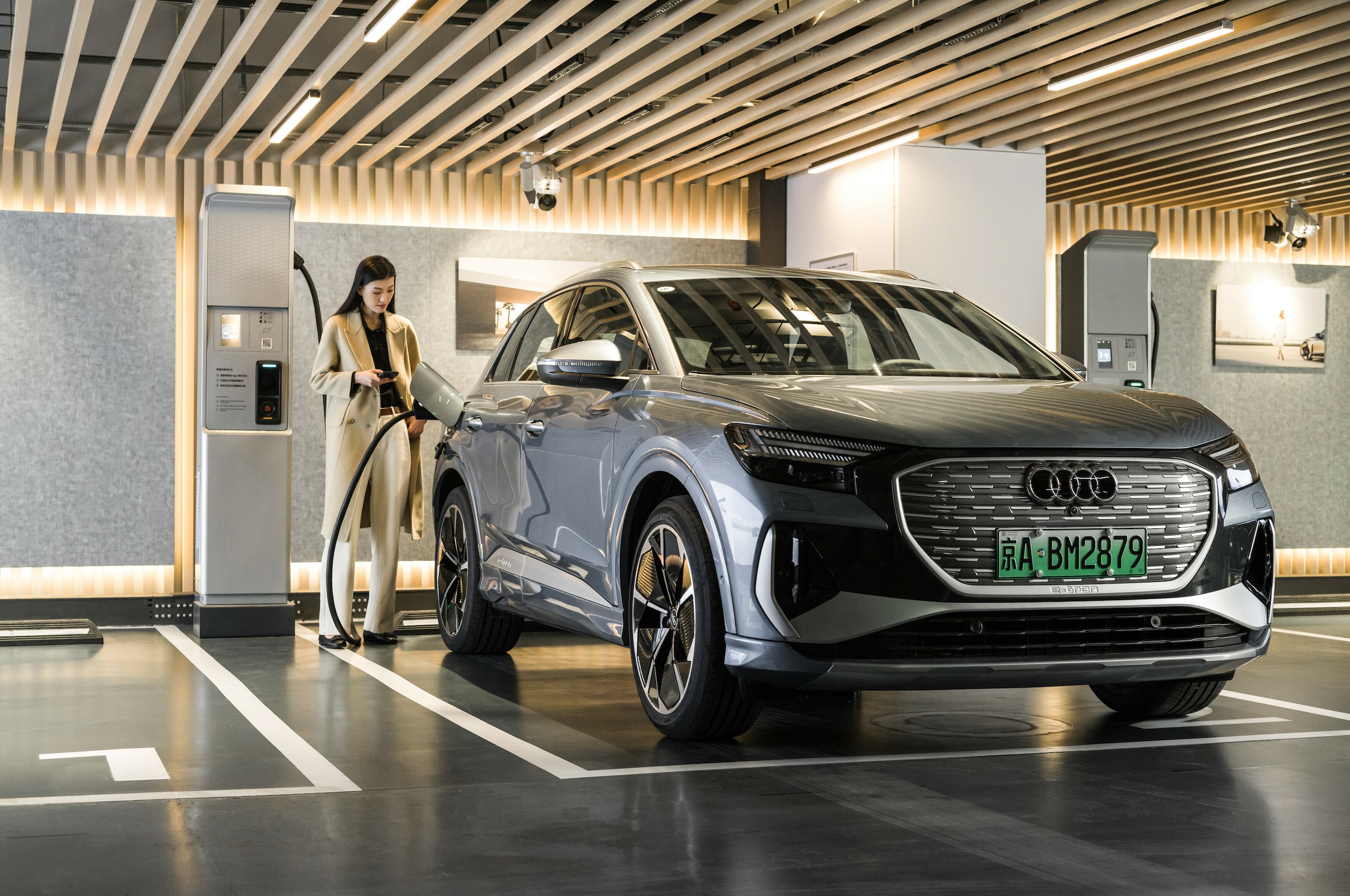
One of the most widely debated topics in the auto industry right now is electric cars. How do they benefit the environment? How do they compare to traditional internal combustion engine (ICE) vehicles? And, most importantly, are they the right choice for your lifestyle, driving habits, and needs? Let's dive into the world of electric and hybrid vehicles and help you determine if an EV is the right fit for you.
Benefits of Electric Vehicles
Electric vehicles (EVs) offer numerous advantages, especially when it comes to environmental impact. By reducing greenhouse gas emissions and relying on renewable energy sources, EVs contribute significantly to a cleaner and more sustainable future. Additionally, electric cars are cheaper to run than ICE vehicles. Although the initial purchase price is higher, the savings on fuel and maintenance can make EVs a cost-effective choice in the long run.
Comparing Electric Vehicles to Internal Combustion Engines
One of the key considerations when choosing between an electric vehicle and a traditional ICE vehicle is the cost of ownership. While EVs tend to be more expensive upfront, they offer lower operating costs due to cheaper electricity compared to gasoline and fewer maintenance requirements. The more miles you drive, the more you save with an EV. Here's a comparison to illustrate:
-
Fuel Costs: Electricity is cheaper per mile compared to gasoline.
-
Maintenance: EVs have fewer moving parts, eliminating the need for oil changes and reducing wear and tear.
-
Longevity: EVs often have a longer lifespan due to fewer mechanical components.
Considering Your Personal Needs
When evaluating whether an EV is right for you, it's essential to consider your specific needs and driving habits. For instance, the climate and terrain in your area can impact the performance and practicality of an EV. In regions with harsh winters, like Calgary, features such as all-wheel drive can be crucial. Additionally, factors like leather interiors, advanced technology, and sunroofs might influence your decision.
Charging Options
One of the most convenient aspects of EV ownership is home charging, but this isn't always an option for everyone. Here are some alternatives:
-
Condo/Apartment Charging: Check with your building management about available or planned charging facilities. Government funding is increasingly supporting EV charging installations in multi-residential buildings.
-
Street Parking: For those who park on the street, running wiring to your car might be an option. Check local bylaws for guidelines.
-
Public Charging: Public charging stations are becoming more prevalent, and various apps can help you locate them.
-
Workplace Charging: Some workplaces offer EV charging stations. If yours doesn't, consider discussing the possibility with your employer.
-
Parking Apps: Certain apps can indicate available charging stations or even allow you to book a home parking spot with a charger.
Maintenance Considerations
One of the great benefits of owning an electric vehicle is reduced maintenance compared to ICE vehicles. EVs eliminate the need for oil changes and have far fewer moving parts, which means fewer components can wear out. However, some maintenance is still required. For example, the battery coolant should be checked or replaced after about 5-6 years.
The Role of Hybrid Vehicles
There's a saying in the automotive industry: "Hybrids are the gateway to electric vehicles." For many, hybrid vehicles, particularly plug-in hybrids (PHEVs), offer a perfect balance between electric and traditional driving. A PHEV uses both an internal combustion engine and an electric drivetrain, allowing the vehicle to travel a certain distance (usually 30-80 kilometres) on battery power alone.
PHEVs are ideal for those who want to experience electric driving without worrying about charging infrastructure. You can drive around town in full electric mode, reducing emissions and saving on fuel costs, while the gasoline engine serves as a backup for longer trips. This dual capability makes PHEVs a versatile choice, especially for those who are new to electric vehicles.
Conclusion
Deciding whether an electric or hybrid vehicle is right for you depends on your lifestyle, driving habits, and specific needs. While EVs offer significant environmental and cost benefits, they may not be practical for everyone. Hybrids, particularly PHEVs, provide a flexible alternative that combines the best of both worlds. As the charging infrastructure continues to improve, transitioning to an electric vehicle will become even more appealing. Take the time to assess your situation and make an informed decision that suits your needs.
Want to learn more about electric and hybrid vehicles? Visit our education page.